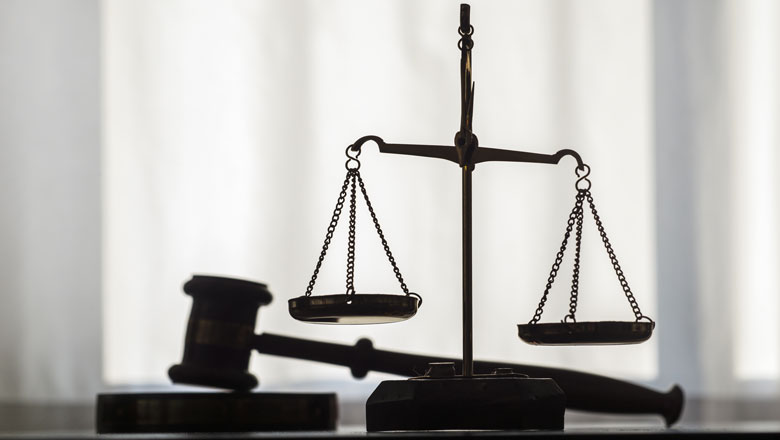Legal Insights for Content Creators – The Influencer Law
In today’s digital age, where social media platforms reign supreme, content creators and influencers have carved out a significant space for themselves in the online ecosystem. However, this newfound prominence has also led to the emergence of a complex legal landscape known as Influencer Law. This legal framework encompasses a range of legal issues that content creators must navigate to ensure compliance and protect their interests while producing and sharing content. One of the primary concerns within this landscape is the disclosure of sponsored content or paid partnerships. As influencers often collaborate with brands to promote products or services, transparency becomes crucial. Various jurisdictions require clear and conspicuous disclosure of such relationships, indicating when a post is advertisement or sponsored content rather than organic material. Failure to comply with these guidelines can lead to fines, reputational damage, and legal consequences. Intellectual property rights also feature prominently in the influencer law landscape.

Content creators need to understand the nuances of copyright, trademark, and right of publicity laws to safeguard their own intellectual property and respect the rights of others. Utilizing copyrighted music, using trademarks without authorization, or misappropriating someone’s likeness can result in legal disputes and financial liabilities. On the flip side, influencers themselves can protect their unique content through copyright registration, preventing unauthorized use by others. Privacy concerns further complicate matters for influencers. When sharing personal experiences or collaborating with brands, influencers might inadvertently breach privacy laws by disclosing private information or misusing user-generated content. It is essential to obtain proper consent before using others’ content and to be cautious about sharing sensitive information. With the implementation of data protection regulations like the General Data Protection Regulation GDPR in Europe, influencers may need to adhere to stricter guidelines when handling personal data.
Another legal aspect that content creators need to be mindful of is defamation and false advertising. Posting misleading false information view https://bitman-law.com/influencer-counsel/entertainment-law/, whether about products, services, or individuals, can lead to defamation claims or regulatory actions. The line between opinion and false claims can be thin, and influencers should ensure that their statements are backed by accurate information or clearly labeled as personal opinions. Contract law plays a crucial role in the influencer space, especially in agreements with brands, agencies, or platforms. Clear and comprehensive contracts are essential to outline expectations, deliverables, compensation, and intellectual property rights. Disputes can arise when parties have differing interpretations of contract terms, making it vital for influencers to have a legal understanding of their contractual obligations and rights. In conclusion, the influencer law landscape is a dynamic and multifaceted realm that content creators must navigate skillfully. With the increasing scrutiny on online content, legal compliance has become integral to maintaining credibility, avoiding legal entanglements, and fostering positive relationships with followers, brands, and other stakeholders.
